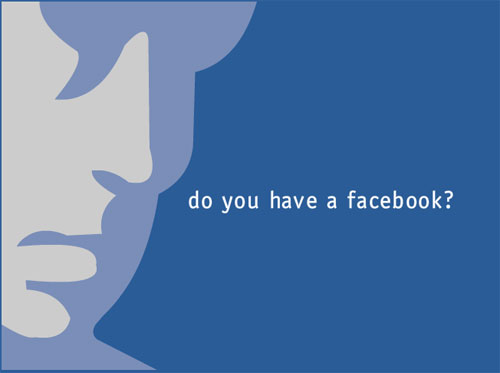Who Bricked the Electric Car?
You may have caught the story last week about Tesla, the maker of extremely high-end electric vehicles, (EVs), and the accusation that if the $100K Tesla Roadster's battery pack was allowed to drain all the way to zero, (basically to go completely dead), that the car could not be simply re-charged in the normal fashion, and that in fact the entire battery pack would have to be removed and replaced, (at $40K).
This phenomenon, and already some are disputing how much of a real problem it presents, has been termed 'bricking', as in without the ability to operate the $100K Tesla has been effectively turned into a brick. A stylish one no doubt, but a brick nonetheless. And having your $100K car essentially rendered useless without dropping another 40 large for the repair would have to classify as a bad day, and if indeed this is even a remote possibility, one would hope Tesla has taken adequate precautions and will look to improve the technology such that this kind of bricking either can't happen or really almost would never happen.
But for now, it appears like at least the possibility for bricking exists, according to a follow-up piece in Engadget, the Tesla company (sort-of) acknowledged that a full battery drain would indeed 'brick' the car and issued the following statement:
All automobiles require some level of owner care. For example, combustion vehicles require regular oil changes or the engine will be destroyed. Electric vehicles should be plugged in and charging when not in use for maximum performance. All batteries are subject to damage if the charge is kept at zero for long periods of time. However, Tesla avoids this problem in virtually all instances with numerous counter-measures. Tesla batteries can remain unplugged for weeks (or even months), without reaching zero state of charge. Owners of Roadster 2.0 and all subsequent Tesla products can request that their vehicle alert Tesla if SOC falls to a low level. All Tesla vehicles emit various visual and audible warnings if the battery pack falls below 5 percent SOC. Tesla provides extensive maintenance recommendations as part of the customer experience.
Essentially Tesla is saying, 'Look, we sold you an incredible piece of technology, the most fabulous EV on the market. All you really need to do on your side is to not leave the car idle for months on end and forget to charge it up. And we will even offer to call you up to remind you to run out to the garage and plug in the thing in you forget. For months. Seem reasonable?'
Probably pretty reasonable. Tesla, like just about any other make of cars, gadgets, games, or even business systems at some stage arrives at the end point of their ability and responsibility to ensure that the consumer will have a great experience with their purchase, and won't actually do something really dumb with their new shiny object after they take it home.
Over on Talented Apps last week, Meg Bear hit upon this point when she re-stated Meg's Law for Talent Management software development -
It is the intention of our team to build excellent, usable software to optimize a well thought out talent strategy. BUT if you suck, there is nothing we can do in software, to fix that for you.
And I am pretty sure Meg's Law could apply to Tesla as well. I am sure it is their intention to build the best EV in the world, but if you suck, and you forget that an EV actually needs to be plugged in once in a while, we can't fix that for you. Or rather we can, but it will cost you $40K.
Sadly, the organizations that Meg is referring to, the ones with the terrible talent strategy, can't get off that easy.

 Steve
Steve


